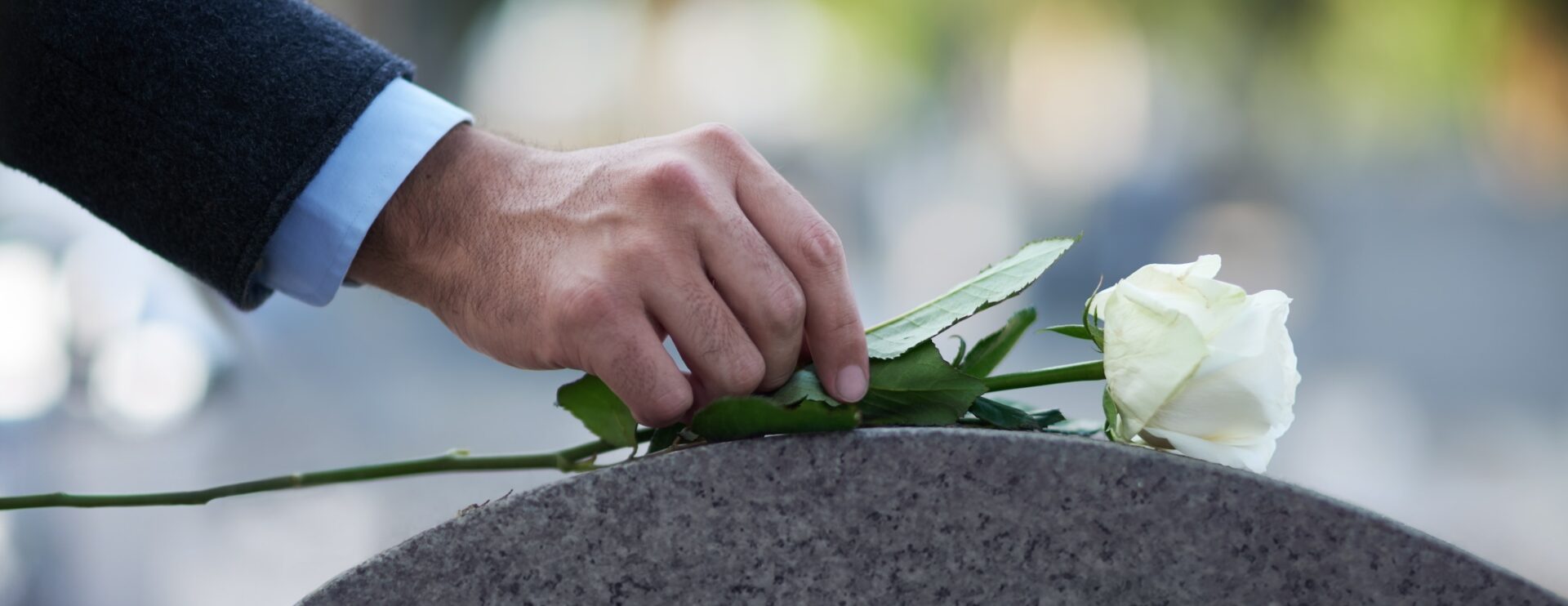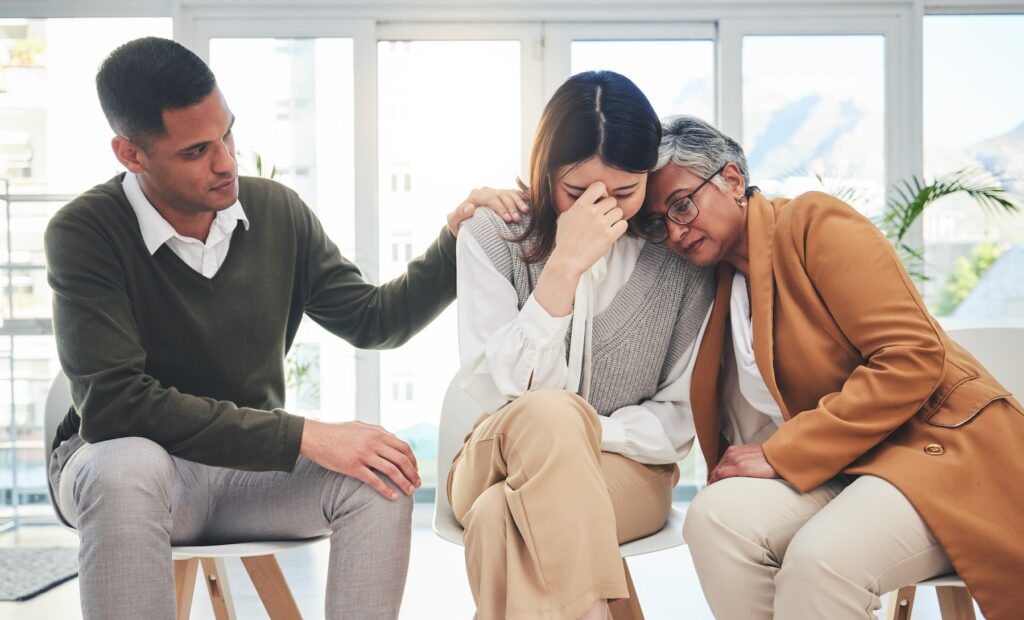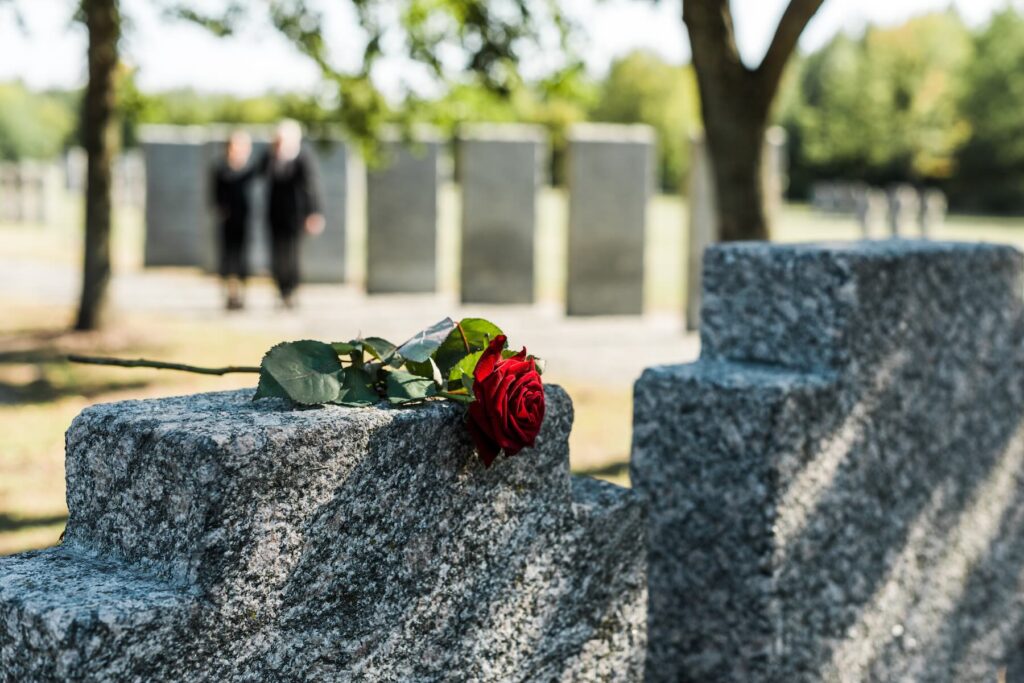Compassionate Hamilton aims to get us talking about death and dying

Organization is hosting its second annual Circle of Friends event to bring together local resources available to patients and families.
Dying is a fact of life but even the healthcare system struggles to really talk about it, says a family physician who specializes in palliative care.
Compassionate Hamilton aims to change that.
“We are a group of citizens who have organically come together to address the many gaps for people who are in their final years of life or trying to live their best with a serious illness,” says Dr. Erin Gallagher, chair of Compassionate Hamilton and a family doctor at Stonechurch Family Health Centre who has a specialty in palliative care.
“The goal is to raise awareness and create linkages around really great resources in our community that are already doing great things, but are working in silos. So it’s about creating opportunity and venues for having conversations around death, dying, loss, grief and bereavement.”
Next week, Compassionate Hamilton is hosting Circle of Friends, its second annual forum to focus on how the community can help those with serious illnesses live well to the end.
Gallagher, who is also medical director at Emmanuel House Hospice and serves as a palliative care consultant with the McMaster Family Health Team and Hamilton Health Sciences, says the event is not about medicine.
“It's not meant to be clinical in any way, although raising awareness around those services is part of it. You know the clinical piece, the medical piece, I learned very quickly in my career, is such a limited part of what I call the living well to the end equation. If I had to throw a number at it, it'd be 5 per cent. Of course, the medicine is important. But the real suffering happens from people through psychosocial unmet needs. We have many isolated seniors in particular in our community.”
There are many elements of community, from social service agencies to caring neighbours looking in on a sick or elderly person, that can make a journey towards death better.

As a family physician, when she makes a diagnosis of a serious illness, such as cancer, it becomes difficult for her to stay involved as the patient is referred to a cancer centre or surgeon and oncologist.
“We don’t actually have a meaningful conversation with the patient around what that means and what things will look like. And so patients and families are thrown into this vortex of medical complexity, many appointments, many faces, many different treatments that they've never heard about before.”
The family physician’s role should be to help a patient and loved ones understand their illness and all the symptoms – physical, mental, emotional and spiritual – that come with it.
“We can help them plan, how do they navigate this, not just in the healthcare system, but in their community. And people need to prepare. They want a cure or a longer and more comfortable life. But preparing for alternative outcomes is just as important, because we know that when we do that people live actually better and longer lives. We have evidence to support that having those challenging conversations up front helps people live better.”
Gallagher says medical practitioners often aren’t good at conversations about what happens between when treatments ends and end-of-life care begins. But that’s where the biggest impact on quality of life can happen.
The goal of Compassionate Hamilton is not to be another service provider but to raise awareness of resources, to identify and address gaps, and to support vulnerable and marginalized communities, such as newcomers, people of colour, Indigenous people and those facing housing or food insecurity.
“I think we just don't have the venues to have open, honest, comfortable conversations about death and dying, and so we created that opportunity,” she says.
“We want to show to the community that these are safe topics, and that they're important topics, and that people want to talk about it. When I come in and I do a consult for people as a palliative care physician, I am thanked profusely for the information that patients never received and families never received, or they just didn't know how to ask for.”
Gallagher earned her medical degree from the University of Ottawa and then did her residency in palliative care and a master’s of public health at McMaster University.
Though we are a death-phobic society, Gallagher says she finds her palliative practice “soul-filling.” She makes deep and meaningful connections with patients and families and knows what she does allows a patient to have a dignified death with a minimum of suffering.
“You're meeting people where they're often at one of the most vulnerable times of their lives, and it is surprising to many, but it’s an incredible opportunity to find meaning and growth in one's life. Actually, it often brings families together. It allows bucket lists to be completed, or at least started. It's incredibly rewarding.”

Even when the news is difficult and not what a patient wants to hear, Gallagher says they are grateful.
“I'm often thanked for the honest information because they know where they're at in their illness. They don't feel so lost and in the dark anymore. And so that that is incredibly rewarding, and knowing what they can do with that change in perspective on the time they have left.”
People need to feel comfortable to ask questions and share what scares them, whether that’s pain or suffering or being a burden on their family. When doctors can paint an accurate picture of what death can, and likely will look like, for patients, it tends to reassure them, and give them a sense of control.
Circle of Friends is happening at Empowerment Squared (East), 26 Arrowsmith Rd., Hamilton on Wednesday, Nov. 6 and will run from 3 p.m. to 7 p.m. Everyone is welcome. Participants can expect broad, diverse and deep learning around loss, death, dying, grief and bereavement, along with exhibitors, speakers, resources, live entertainment, arts, humanities and cultural displays.












